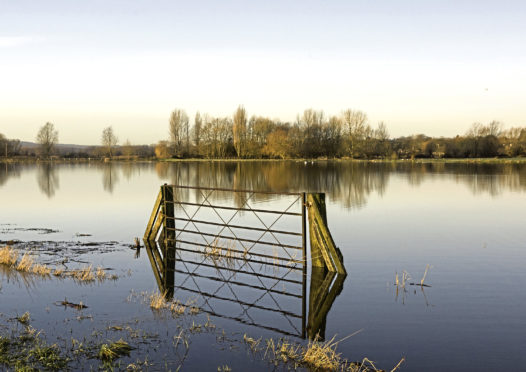Scottish malting barley growers have been warned to brace themselves for competition from England this harvest, with only quality setting them apart.
Sean Sparling, chairman of the Association of Independent Crop Consultants, told a packed conference of Scottish Agronomy members that the incessant rainfall and flooded fields in England meant more growers were turning to spring barley, and some of that would inevitably be of malting quality.
“Everyone I speak to who doesn’t have their winter wheat in the ground is saying we’ll put it all into spring barley,” he told the meeting in Perth.
“People need to get the land dried out first, but they are going to have to grow something, they need some income, and if the crop that will go in the ground is spring barley, that’s what they’ll grow.
“There’s going to be a lot, and by accident some of that will go for malting.
“That’s going to flood the market, that’s what worries me.”
He added: “There will be an impact on prices, so this year growing for quality is absolutely crucial.”
Mr Sparling’s agronomy business looks after 10,000ha and he predicted his usual spring barley acreage of 2,600ha would be up by 50% this year.
He added there would also be people who’ve never grown the crop before.
However, he predicted it would be another month before any farmers on the ground he advises on would be able to turn a wheel.
“There was panic drilling of late winter wheat varieties in late January, but that has now stopped,” he said.
He anticipated the winter wheat acreage would be at least 30% back on an average year.
“I should have 6,000ha in ground at moment, but I only have 1,600ha of winter wheat in, only 16ha of spring barley, and no winter oats, rye or triticale at all.
“We will need four or five weeks of hot, dry, sunny, windy conditions to get any peas, beans, sugar beet or potatoes in the ground.”
